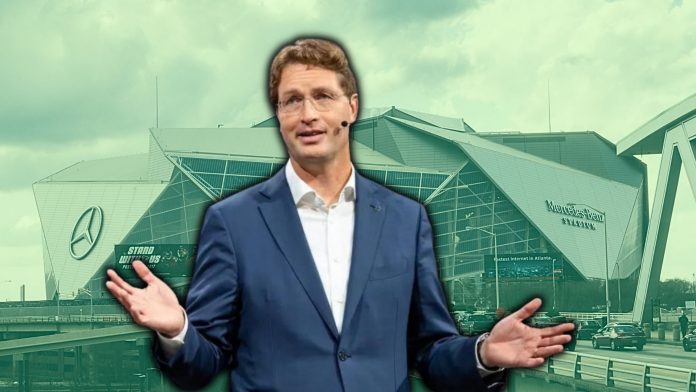Mercedes-Benz has recently admitted that the demand for battery-powered vehicles is not as strong as initially expected. Despite this, the company has assured investors that it will continue to enhance its combustion engine models and has delayed its electrification objectives by five years.
According to the new projection, sales of electrified vehicles, including hybrids, may account for up to 50% of the total by 2030, five years later than its previous target of achieving the 50% milestone with mostly all-electric cars by 2025.
Although suppliers and automakers have high hopes for EV demand in the future, investments in capacity and technology development have outpaced the real demand for EVs, forcing automakers to reassess their production schedules.
Mercedes-Benz CEO, Ola Kaellenius, warns that EV sales will not dominate the market by 2030, even in Europe. Currently, battery-powered vehicles represent only 11% of total sales, while hybrids comprise 19%.
Kaellenius has stated that Mercedes-Benz is prepared to continue producing combustion engine vehicles and developing technology throughout the next decade. The company believes that slower economic growth, supply chain bottlenecks, and trade conflicts between China, the U.S., and the European Union could impact its outlook for 2024, with the automaker projecting lower sales returns across its car and van division.
Due to ongoing production delays caused by shortages of parts, particularly Bosch’s 48-volt systems, Mercedes-Benz expects Q1 sales to be lower than the previous year. The company predicts EV sales, including hybrids, to remain between
The company reported a 15.1% adjusted return for the previous year. However, it now predicts a lower adjusted return for 2024. The return is expected to be 10-12% for automobiles and 12-14% for vans. The company plans to increase investment in research and development for upcoming technologies such as its MB.OS platform. Additionally, the company raised its average pricing by 2%.




